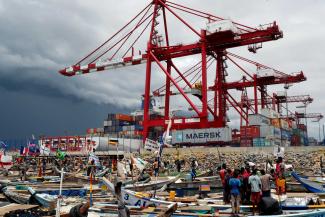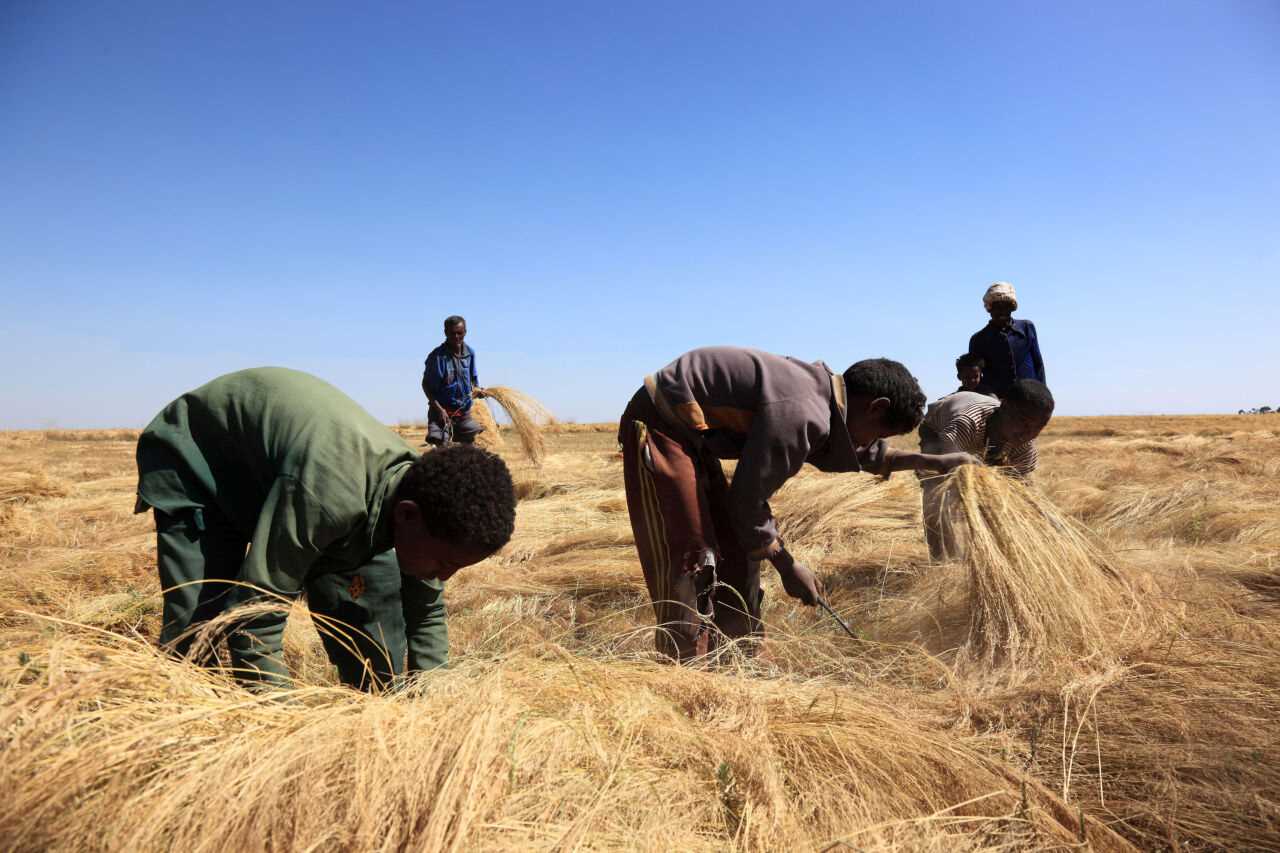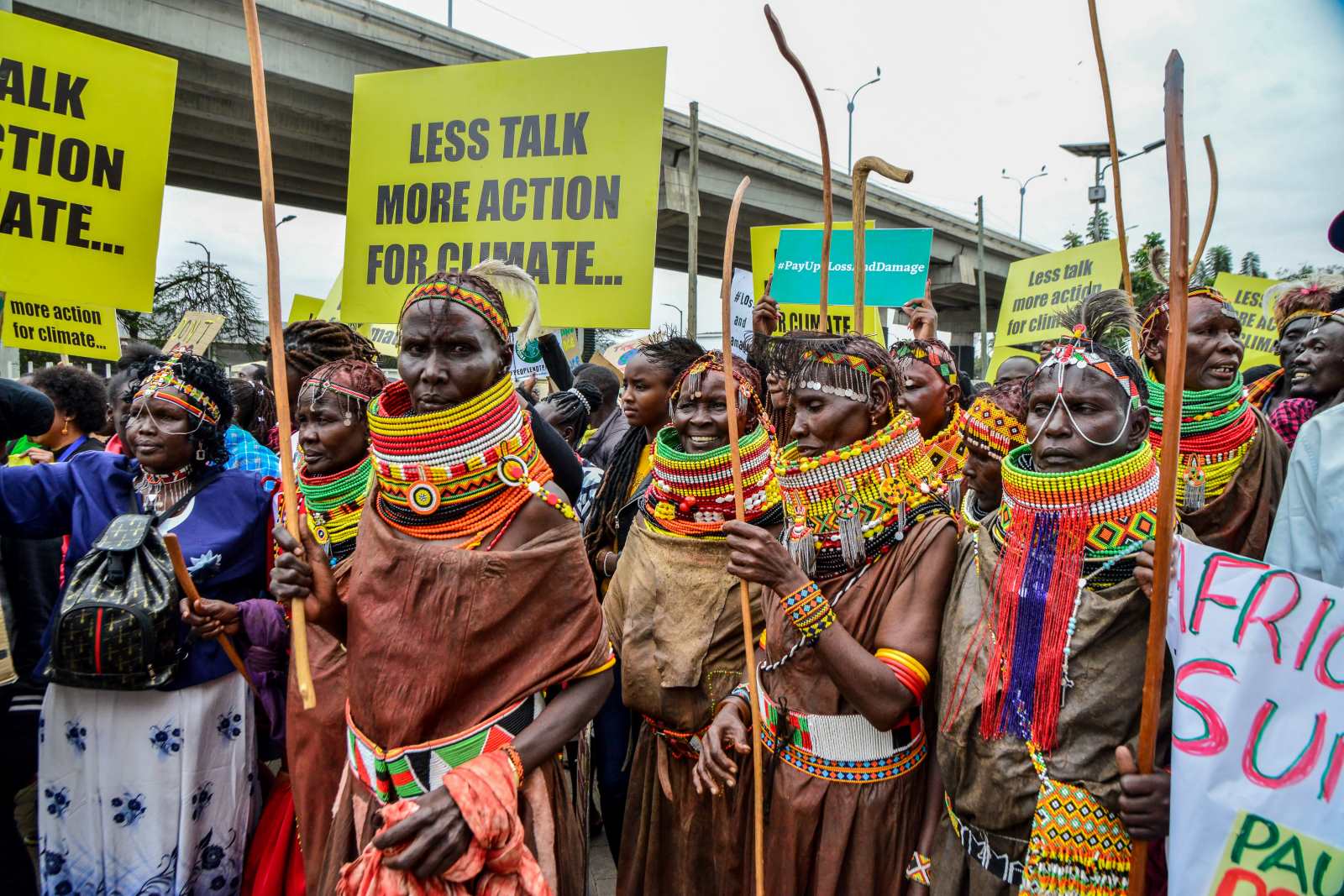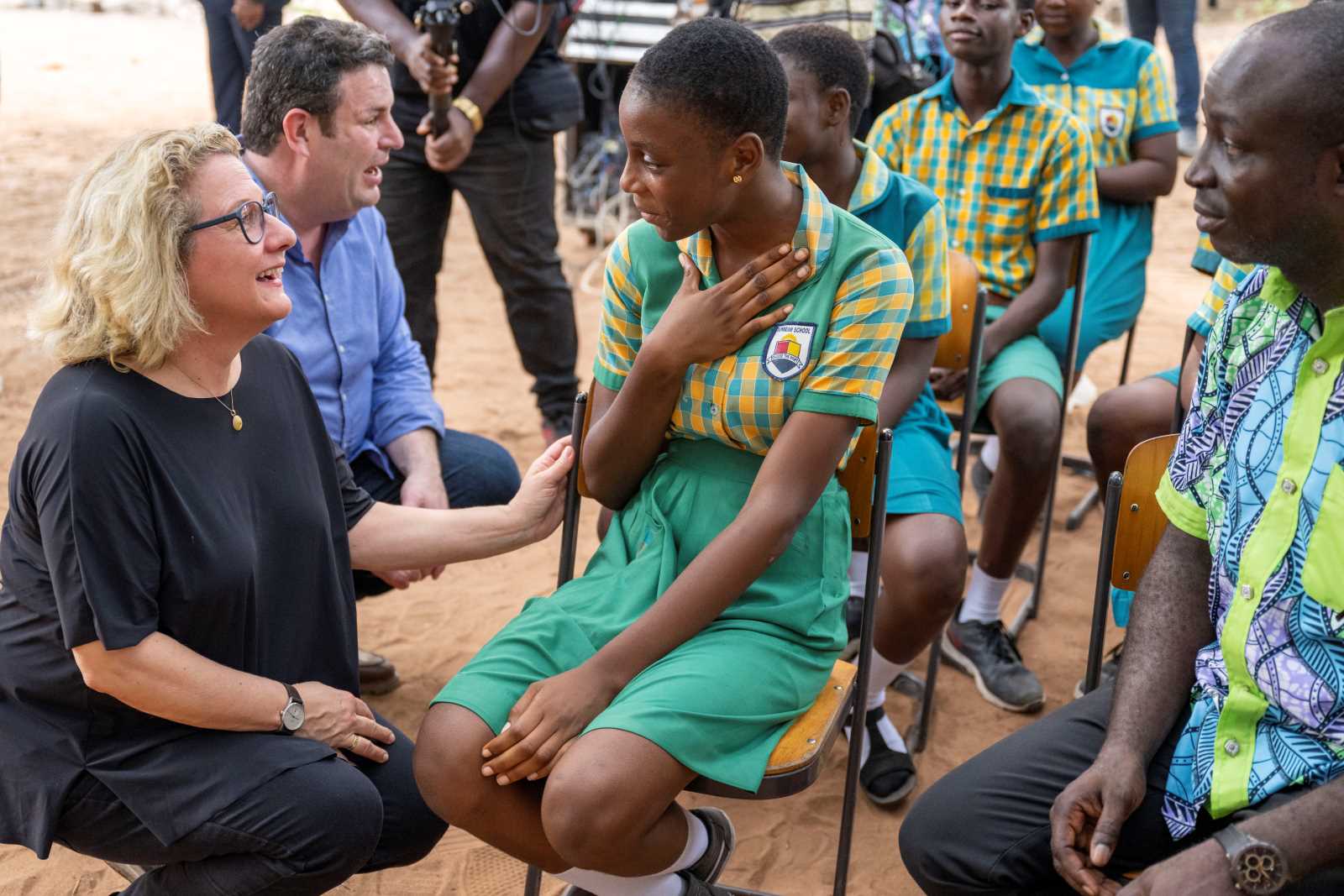International relations
African responsibility for climate justice

European tourists used to appreciate Togo’s long miles of beaches. Today, the scenario is sad, however. Coastal infrastructures are in decay, and many buildings are being destroyed by the waves. Beach erosion means fewer tourists.
Entire villages and urban neighbourhoods are at risk, so people are forced to leave their homes. Some lose their fields, others can no longer make a living with fishing. In interior regions, both flooding and draught are occurring more often, and they too undermine entire families’ livelihoods. People with some money or education move abroad, hoping for a better future in West African cities like Cotonou and Lagos or perhaps even Europe.
No coastal city in West Africa is climate safe, however. The rising sea level affects them all. Saline water is increasingly contaminating the groundwater, for example, making drinking-water provision much more difficult in the fast-growing agglomerations. Migration and high birth rates are overwhelming urban infrastructure. Slums are mushrooming, and pollution is getting worse.
The climate impacts are serious. Science tells us that the main cause is the greenhouse-gas emissions of industrial nations over decades. This is a fact African elites keep pointing out, but they shy away from discussing economic and developmental decisions of their own. The full truth, of course, is that they typically maintained colonial systems of exploitation after independence.
Commodity exporting economies
African economies still largely depend on the export of commodities. Without restraint, local elites opted for large-scale plantations, mining and oil production, whilst belittling traditional, but more sustainable resource use. A tiny capitalist class has profited from exploiting nature and providing commodities to multinational corporations. Its rise was promoted by prosperous nations as well as multilateral institutions like the World Bank and International Monetary Fund. Not only was nature neglected. The fight against mass poverty also got far too little attention too.
There are many examples for how commodity-driven economies hurt the environment. Just consider that the construction of large ports disrupts marine ecosystems. As a result, densely populated coasts are being eroded even faster. Construction work, moreover, causes climate emissions – and the exported goods drive unsustainable growth in countries with higher incomes.
The construction of new highways or major dams is similarly destructive. The forests are disappearing, giving way to industrial interests. Logging, plantations and open-pit mining are causing massive harm.
In view of the ecologic and social disasters, demands for climate justice lack credibility unless African elites reconsider their own attitudes as well. They obviously bear some responsibility for the state of the continent. Two things matter in particular:
- We need a healthier approach to the natural environment. Our life depends on it, as our ancestors understood well.
- We need an idea of progress that serves our peoples’ needs rather than multinational interests.
One implication is that we must rethink what international solidarity means. It is absurd to continue unrestrained resource extraction in low-income countries while reforms towards sustainability are slowly being implemented in high-income countries.
African countries need development models that emphasise decent work for everyone, fair distribution of incomes and clean energy for all. We need universal health care and good education opportunities even in remote villages. Unless African governments set the course accordingly, they cannot use official development assistance (ODA) and climate finance in ways that improve their people’s welfare. And this is the only road towards climate justice.
Samir Abi heads the non-governmental organisation Visions Solidaires in Togo.
samirvstg@gmail.com















